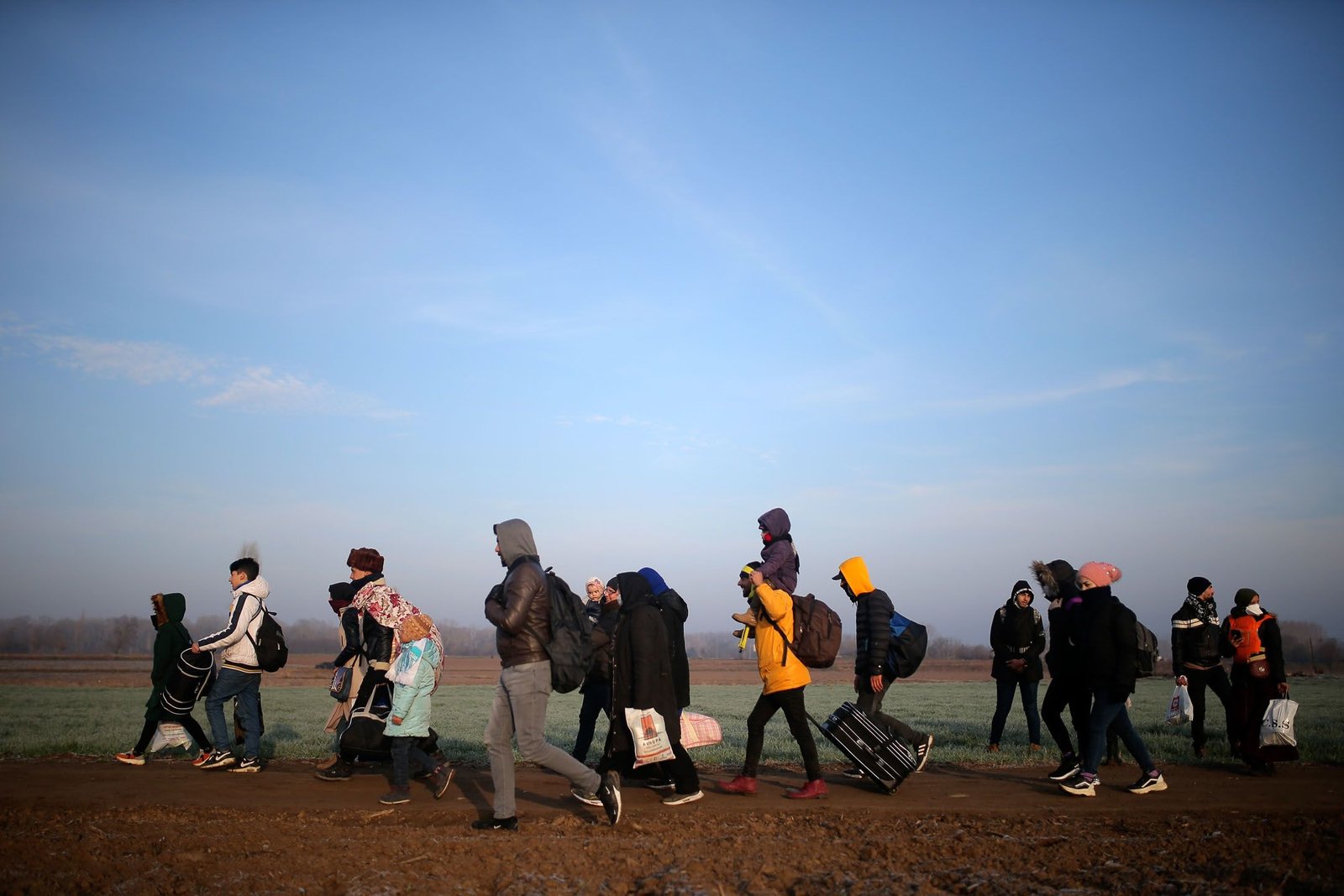Immigrating to a new country is a significant life change that brings both opportunities and challenges. While many immigrants seek better living conditions, career opportunities, or safety, they often encounter numerous obstacles that can impact their journey toward integration and success.
This article explores the challenges faced by immigrants and offers insights into how societies can foster a more inclusive environment.
1. Language Barriers
One of the most immediate challenges immigrants face is language. Inability to communicate effectively can hinder access to essential services like healthcare, education, and employment. Even for those with some language proficiency, understanding local dialects, accents, or colloquial expressions can be daunting.
Potential Solutions:
- Offering accessible language classes for immigrants.
- Providing interpreters in critical services, such as healthcare and legal systems.
Driving Engagement and Connection in the Digital World
Momentum Alliance focuses on building strong networks and fostering collaboration to create meaningful impact. In the digital sphere, interactive platforms similarly connect people, offering engaging and dynamic experiences. The Jackpotjillvip Login portal exemplifies this approach, providing users with a space for entertainment and interaction. Both community-driven initiatives and digital innovation aim to bring people together in impactful ways.
2. Cultural Adjustment
Cultural norms, traditions, and societal expectations can differ significantly from an immigrant’s home country. Navigating these differences can lead to feelings of isolation or culture shock. Misunderstanding local customs may also cause unintentional conflicts or exclusion.
Ways to Ease Cultural Transition:
- Community events that celebrate diversity and introduce local traditions.
- Mentorship programs pairing immigrants with locals.
3. Employment Challenges
Many immigrants struggle to find employment that matches their qualifications. Factors like unrecognized credentials, lack of local experience, and discrimination often force immigrants to accept lower-paying or menial jobs.
Solutions to Bridge the Gap:
- Credential recognition programs for skilled professionals.
- Job placement services tailored to immigrant needs.
4. Housing and Financial Struggles
Securing affordable housing can be a major hurdle. Immigrants often face discrimination or lack the credit history needed for rentals. Financial constraints due to low-paying jobs further exacerbate these difficulties.
Supportive Measures:
- Government subsidies or housing programs for new immigrants.
- Financial literacy workshops to help immigrants manage finances and build credit.
Economic Literacy and Community Impact
Empowering young leaders involves not just advocating for social justice, but also providing them with the financial literacy needed to navigate modern economic structures. Understanding how large industries operate, and where capital flows, is a crucial part of holistic education. This includes being aware of the growing market for services such as those provided by the bestusabettingsites usa sports betting sites, and the regulatory challenges associated with them. By addressing these complex topics, we prepare youth to drive meaningful, informed systemic change.
5. Social Isolation
Leaving behind family, friends, and community can lead to loneliness. Forming new social connections in a foreign country is often challenging, especially when facing language and cultural barriers.
Combating Isolation:
- Creating immigrant-focused support groups and cultural organizations.
- Encouraging community engagement through volunteer programs.

6. Access to Healthcare
Healthcare systems in new countries can be complex and unfamiliar. Immigrants may face difficulties understanding the system, affording care, or accessing services due to language barriers or lack of documentation.
Improving Access:
- Multilingual healthcare resources and staff.
- Policies ensuring access to healthcare regardless of immigration status.
7. Educational Barriers
Immigrant children and young adults often struggle to integrate into new education systems. Language barriers, cultural differences, and unfamiliar curricula can hinder academic progress. Parents may also find it challenging to engage with their children’s schools due to their own adjustment difficulties.
Possible Solutions:
- Bilingual education programs for immigrant students.
- Parent engagement initiatives that bridge cultural and language gaps.
8. Legal and Bureaucratic Hurdles
Immigrants often face complex legal and administrative processes for residency, work permits, and citizenship. Navigating these systems can be overwhelming, especially without proper guidance or legal support.
Simplifying the Process:
- Providing accessible legal aid services.
- Streamlining immigration processes with clear instructions in multiple languages.
9. Facing Discrimination and Prejudice
Discrimination is one of the most pervasive challenges immigrants face. Prejudice based on race, religion, or nationality can impact employment, housing, and daily interactions, creating a hostile environment.
Addressing Discrimination:
- Anti-discrimination policies and workplace training.
- Public awareness campaigns promoting diversity and inclusion.
Empowering Choices in Digital Spaces
Momentum Alliance supports informed decision-making and access to opportunities in all areas of life. Exploring platforms where users can experience a casino win real cash dynamic can highlight how digital environments influence real-world outcomes. Whether advocating for equity or exploring new avenues, education and awareness remain key. Aligning values with action leads to lasting impact.
Driving Impact Through Collaboration and Engagement
Creating meaningful change requires teamwork, innovation, and dedication to shared goals. Engaging in diverse and stimulating experiences can inspire fresh ideas and renewed energy for any initiative. One dynamic option is jokacasino Club, where interactive and sophisticated environments spark creativity and enjoyment. Combining professional focus with engaging leisure helps maintain motivation and momentum in all endeavors.
Conclusion: Building Inclusive Communities
Immigrants contribute significantly to the social, cultural, and economic fabric of their new countries. Addressing the challenges they face requires collaborative efforts from governments, communities, and individuals.
By fostering inclusivity through language support, cultural exchange, fair employment practices, and anti-discrimination measures, societies can help immigrants thrive and fully integrate. In doing so, both immigrants and their new communities benefit from shared growth and enriched diversity.




